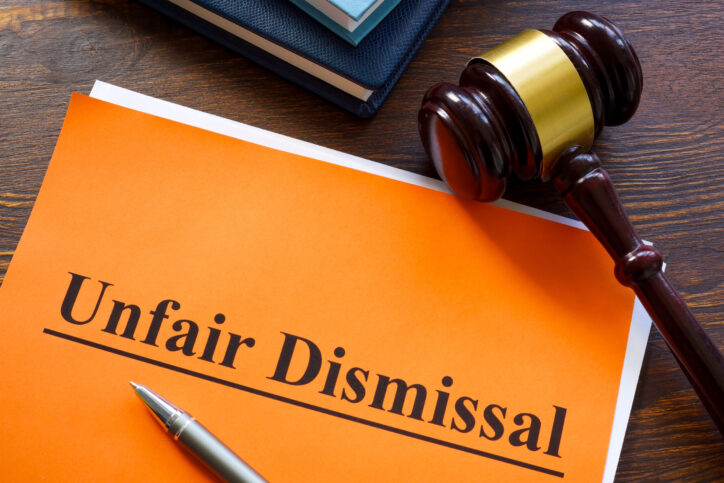Since medicinal cannabis was legalised for prescribed medical uses in 2015, its rate of use continues to grow. But what are the work health and safety implications of this? CCIWA WHS Senior Practitioner Matt Butterworth explains.

What is the current law on medicinal cannabis?
Medicinal cannabis refers to a broad range of pharmaceutical cannabis preparations, including tablets, oils, tinctures, and extracts, which must be prescribed by a doctor to treat medical conditions or side effects of treatment.
The Therapeutic Goods Administration has approved five categories of medicinal cannabis products, including those with varying percentages of CBD (cannabidiol) and THC (tetrahydrocannabinol), under a special access scheme.
CCIWA WHS Senior Practitioner Matt Butterworth says while they are both structurally similar, they have different effects on the brain — THC has a psychoactive effect.
Under State and Federal legislation a permit system exists for accessing, prescribing and manufacturing cannabis for medicinal and scientific purposes.
Butterworth says in addition to these laws, businesses must also factor in their obligations under the Work Health and Safety Act to protect employees against risks or potential risks.
Medicinal cannabis in the workplace
Medicinal cannabis prescriptions in Australia have grown steadily since 2015, with the fastest growth among 18–30-year-olds.
For under 18s and people aged over 60 the prescription rates have been decreasing. The split on use is 50-50 for males and females.
In WA it is illegal to drive a motor vehicle with any detectable THC in your system, but Butterworth says high-risk workers may require zero tolerance drug testing, including for CBD, due to safety concerns.
"If you have workers that are operating heavy machinery, or engaging in high-risk work, then you might consider zero tolerance in terms of that testing and those cut offs,” he says.
He says this may also then extend to staff who make safety decisions such as people working in financial administrative or high-level management positions.
Key issues with impairment
If one of your employees has been prescribed medicinal cannabis, it is important to assess their level of impairment, noting that no single concentration causes impairment for everyone due to individual factors such as age, body weight, and how it is administered.
HR professionals can engage in consultation with workers and treating doctors to manage potential impairment, considering factors such as the product's source, dosage, and stability to determine the likelihood of impairment.
Butterworth says while changes to the law are currently being discussed, there is an opportunity for businesses to shift their thinking towards medicinal cannabis in the workplace and treat it similarly to other prescribed medications.
This can include factors such as:
- How employees disclose any relevant medications before undertaking a drug test; and
- An employee providing a medical certificate or filled prescription within 48 hours of a positive result.
Other Resources

What can my business do?
Butterworth says in developing a drug and alcohol policy, employers should consider a consultative approach to managing worker impairment, including providing equal opportunities for all workers regarding prescribed medications.
“It’s a challenging way of thinking, because we're currently used to yes or no, the black and white approach,” he says.
He says GPs and occupational physicians share liability for worker fitness, but employers must intervene if a worker shows signs of impairment.
Under new workers’ compensation laws, which came into effect on July 1, 2023, businesses are also required to integrate injury management strategies into their policies and procedures.
“There is plenty to consider in this area, so it is best to seek advice on how to approach a new policy on medicinal cannabis,” Butterworth says.
For more information on this or other work health and safety matters, contact our WHS team on [email protected] or call (08) 9365 7746.






